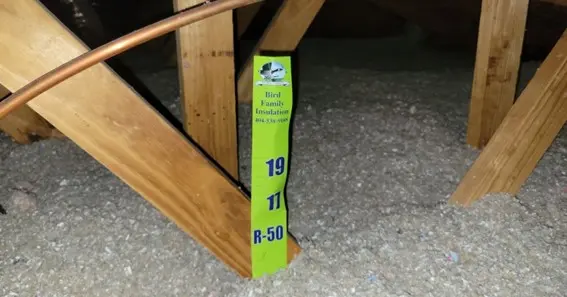Proper insulation is crucial for energy efficiency and comfort in buildings. In Georgia, insulation requirements are defined by the state’s building codes, which specify minimum R-values—the measure of thermal resistance—for various building components.
Georgia’s Climate Zones and Insulation Requirements
Georgia encompasses three climate zones:
- Zone 2: Southern regions and coastal areas
- Zone 3: Central Georgia, including the Greater Atlanta area
- Zone 4: Northern mountainous regions
Each zone has specific insulation requirements to optimize energy efficiency:
- Wood-Framed Walls: Minimum R-13 insulation
- Ceilings: Minimum R-38 insulation
- Cantilevered Floors Over Outside Air: Minimum R-30 insulation
These standards apply across all three climate zones.
Also Read : A Town Wings: The Ultimate Destination For Wing Lovers
Building Codes Governing Insulation
Georgia has adopted the 2015 International Energy Conservation Code (IECC) with state-specific amendments, effective as of January 1, 2020. These amendments are detailed in the Georgia State Minimum Standard Energy Code.
For commercial buildings, the code specifies minimum insulation requirements for roofs with insulation entirely above the deck:
- Climate Zones 2 and 3: Minimum R-25
- Climate Zone 4: Minimum R-30
These requirements apply to both new constructions and roof replacements.
Also Read : Wild Fable: Affordable Fashion For Everyone
Recent Amendments
As of January 1, 2023, Georgia introduced amendments to its building codes, including:
- Enhanced graphics illustrating proper insulation installation and air sealing techniques
- Specific requirements for insulating and air sealing cantilevered floors, mandating R-30 insulation for these areas
These updates aim to improve energy efficiency and ensure consistent construction quality.
FAQ
- What are the minimum insulation R-values for residential buildings in Georgia?
- For wood-framed walls, the minimum R-value is 13, and for ceilings, it’s 38, applicable across all climate zones.
- Do insulation requirements vary by region within Georgia?
- Yes, Georgia is divided into three climate zones, each with specific insulation requirements to optimize energy efficiency.
- Have there been recent changes to Georgia’s insulation codes?
- Yes, amendments effective January 1, 2023, include enhanced installation graphics and specific insulation requirements for cantilevered floors.
- What is the significance of R-value in insulation?
- R-value measures thermal resistance; higher R-values indicate better insulating effectiveness.
- Where can I find detailed information on Georgia’s building codes?
- The Georgia Department of Community Affairs provides comprehensive resources on current construction codes.
Understanding and adhering to Georgia’s insulation requirements is essential for building energy-efficient and comfortable structures that comply with state regulations.










